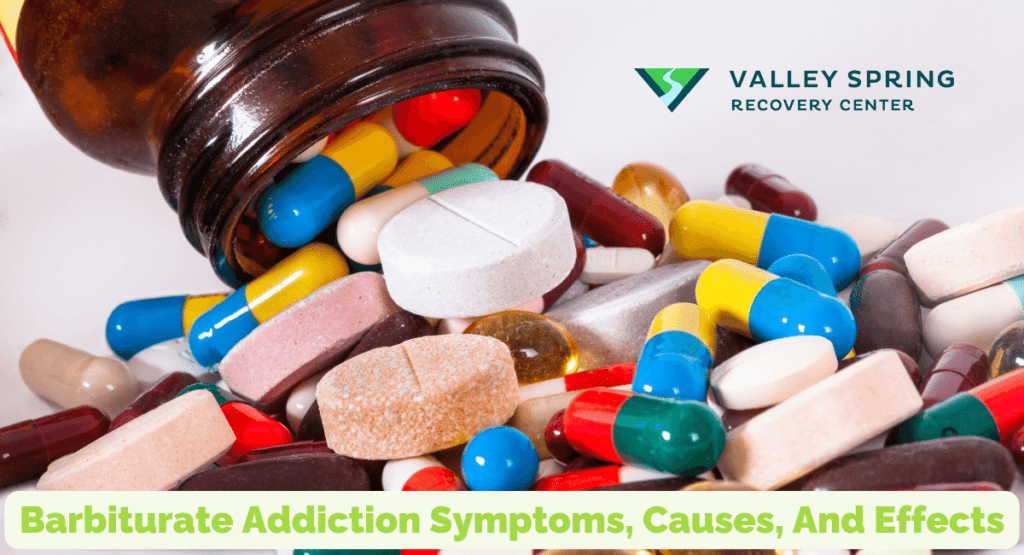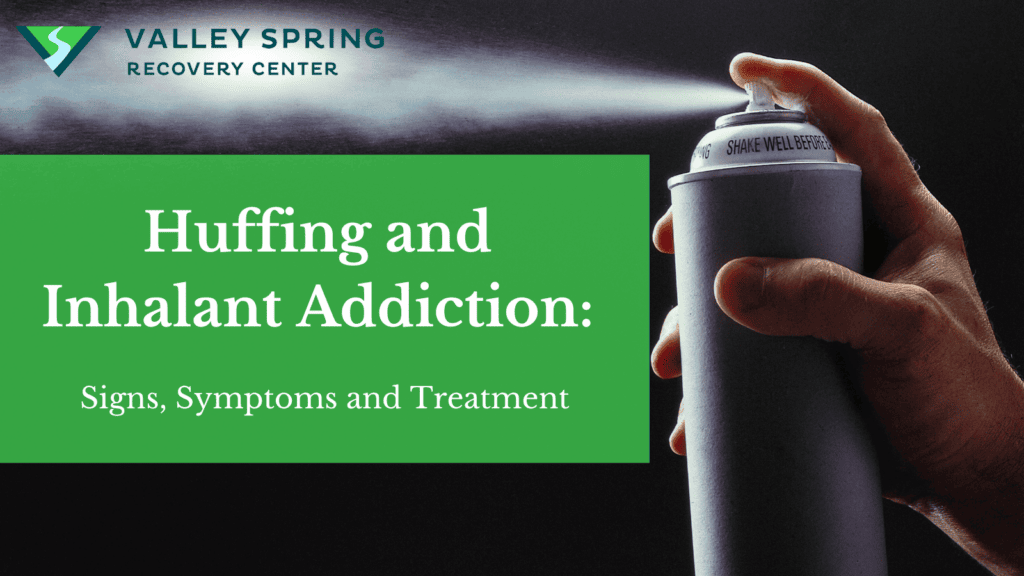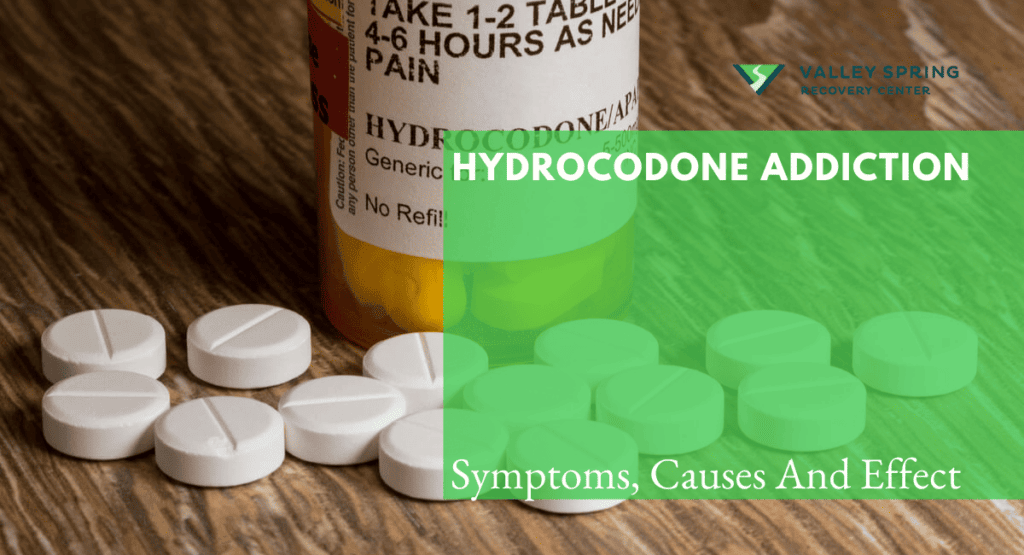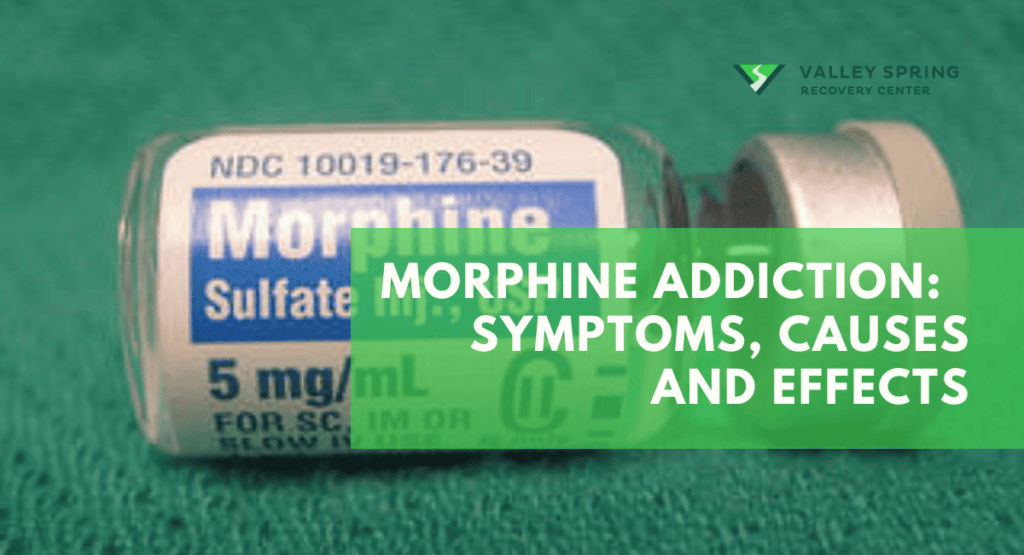Barbiturates are a class of sedative-hypnotic drugs that depress the central nervous system to induce relaxation, reduce anxiety, and aid in sleep. Barbiturates can be highly addictive and negatively affect millions of people globally. First introduced to the medical field in the early 20th century, barbiturates gained widespread use for treating anxiety, insomnia, and seizures during the 1960s and 1970s; they later emerged as recreational substances utilized for lowering inhibitions, alleviating anxiety, and counteracting the adverse effects of other illicit drugs according to J Dave Barry, MD, WebMd.
The symptoms of barbiturate addiction can range from increased drowsiness and mood swings to memory problems, neglect of responsibilities, and a growing tolerance that drives a dangerous cycle of escalating use.
The cause of barbiturate addiction is usually due to innocent, well-intentioned medical use, as they’re initially prescribed for anxiety or sleep issues. However, factors like dependence, seeking relief from life’s pressures, or recreational use can lead to a destructive dependency.
The effects of barbiturate addiction are devastating and can wreak havoc on your life, causing memory problems, impaired judgment, mood swings, strained relationships, and even coma or overdose risk, making it crucial to seek help and recovery.
What is Barbiturate Addiction?
Barbiturate addiction, often referred to as barbiturate use disorder, is a condition characterized by a compulsive and harmful reliance on barbiturate drugs. Barbiturates are a class of central nervous system depressants that were once commonly prescribed for anxiety, sleep disorders, and epilepsy. However, due to their high potential for dependence and overdose, they are now rarely used medically. When consumed regularly for a period exceeding one month, the brain becomes reliant on barbiturates, leading to severe withdrawal symptoms such as tremors, sleep disturbances, and agitation if the drug is discontinued (J Dave Barry, MD, WebMD)
Who Discovered Barbiturates?
The first barbiturate, barbital, was synthesized in 1903 by German chemists Emil Fischer and Joseph von Mering. The discovery revolutionized the field of anesthetics.
When Are Barbiturates Prescribed?
Barbiturates are generally prescribed for conditions like insomnia, anxiety, or seizure disorders. However, their use has declined due to the availability of safer alternatives.
Where Are Barbiturates Legal?
The legality of barbiturates varies by country. In the United States, they are classified as Schedule II, III, or IV controlled substances, requiring a prescription for use.
Why Are Barbiturates Considered Dangerous even though they are prescribed by doctors?
Barbiturates carry a high risk of overdose and dependency. Even a slight excess in dosage can lead to respiratory depression, coma, or death which means addiction rates are commensurate with how strictly the prescription is adhered to.
How Do Barbiturates Interact with Other Drugs?
Barbiturates can interact with a range of medications, including anticoagulants, antihistamines, and other sedatives, potentially leading to adverse effects.
What are the signs and symptoms of barbiturate addiction?
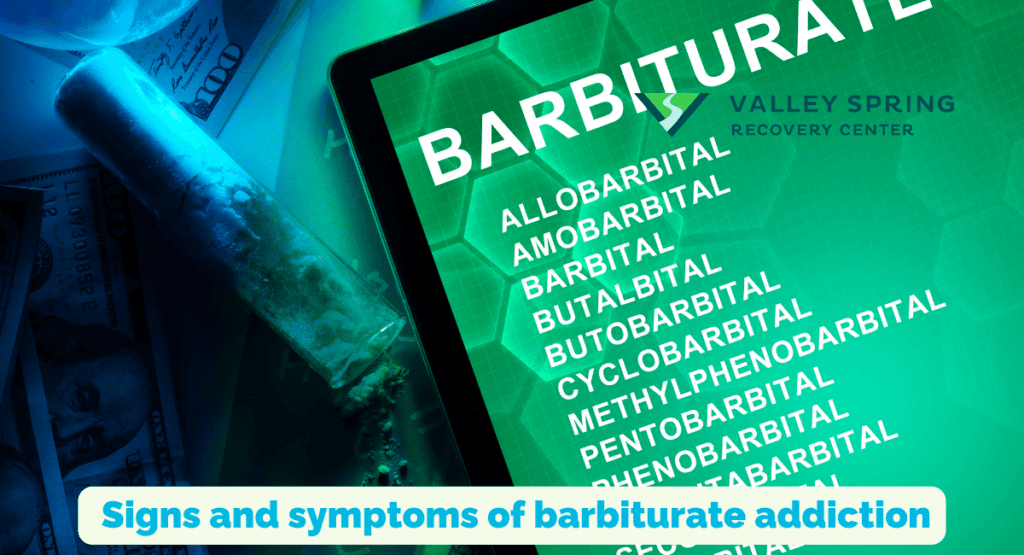
The Barbituate high is similar to alcohol intoxication and is sometimes used to counteract the effects of stimulant drugs like Adderall or cocaine. In small doses, the person who misuses barbiturates feels drowsy, disinhibited, and intoxicated.
Barbiturates are central nervous system depressants, and their effects can be similar to those of alcohol. Here are some common signs:
Physical Symptoms
- Slurred speech
- Lack of coordination
- Shallow breathing
- Drowsiness or fatigue
- Decreased heart rate
Behavioral Signs
- Confusion or disorientation
- Impaired judgment
- Emotional volatility, such as sudden mood swings
- Reduced inhibition, leading to risky behaviors
- Memory lapses or blackouts
Cognitive Effects
- Impaired concentration
- Slowed thought processes
- Difficulty in making decisions
What makes barbiturates addictive: How does it affect the brain?
Barbiturates work in a way that slows down brain activity by enhancing the effects of GABA through chloride channels. This can potentially protect your brain during situations like oxygen deprivation by reducing metabolic demands or by constricting blood vessels, as well as by blocking harmful substances like calcium and glutamate. (P A Steen. Agressologie. Barbiturates in neuroanesthesia and neuro-intensive care. 1991).
Here’s a detailed breakdown of why it is addictive:
- Central Nervous System Depressant: Barbiturates slow down your brain and body functions, creating a sense of relaxation and euphoria. This effect can be pleasurable, making you want to use them again.
- Tolerance: With repeated use, your brain can build a tolerance to barbiturates. This means you’ll need higher doses to achieve the same calming effect, increasing the risk of addiction.
- Withdrawal Symptoms: When you try to stop using barbiturates, your brain reacts with withdrawal symptoms like anxiety, tremors, and even seizures. To avoid these distressing symptoms, you may continue using the drugs.
- Escapism: Barbiturates can offer an escape from life’s stresses and problems, which can lead to psychological dependence as you rely on them to cope.
- What’s the Difference Between Barbiturates and Benzodiazepines?
- While both are sedatives, benzodiazepines are generally considered safer and less addictive than barbiturates. They also have a wider therapeutic index, making overdose less likely.
How Do Barbiturates Interact with Other Drugs?
Barbiturates can interact with a range of medications, including anticoagulants, antihistamines, and other sedatives, potentially leading to adverse effects.
What’s the Difference Between Barbiturates and Benzodiazepines?
While both are sedatives, benzodiazepines are generally considered safer and less addictive than barbiturates. They also have a wider therapeutic index, making overdose less likely.
Did Marilyn Monroe Really Die from a Barbiturate Overdose?
Yes, iconic Hollywood actress Marilyn Monroe died on August 5, 1962, and her death was ruled as a probable suicide due to a barbiturate overdose. She was found with a high level of Nembutal, a type of barbiturate, in her system. Monroe’s untimely death at the age of 36 has been the subject of numerous conspiracy theories and speculations, but the official cause remains an overdose of barbiturates.
What are the causes of barbiturate addiction?
Sometimes, people misuse barbiturates to counteract the effects of other drugs, like stimulants such as cocaine, heroin, or methamphetamines. They do this because barbiturates can help calm the excitement and alertness caused by these stimulant drugs. But it’s crucial to know that this can be dangerous and lead to addiction. Here are some common causes:
- Medical Use: You might start taking barbiturates for legitimate reasons, like anxiety or sleep issues, but gradually develop dependence.
- Stress and Coping: Life can get overwhelming, and barbiturates may seem like a way to escape from stress or emotional pain. It should never be used for this reason, as this is one of the most common causes of addiction.
- Recreational Use: Some people use barbiturates recreationally for the pleasurable effects, which can lead to addiction.
- Peer Pressure: Influence from friends or social circles can push you into trying these drugs, leading to addiction over time.
- Genetic Factors: Your genetic makeup can make you more susceptible to addiction. For example, your genetic profile can influence how your body metabolizes barbiturates or any other drug, for that matter. It can also dictate the activity of neurotransmitters in your brain.
Understanding these causes can help you or someone you care about make informed choices and seek the right support for recovery.
How Long Do Barbiturates Stay in Your System?
The duration varies depending on the specific type of barbiturate and the individual’s metabolism. Some can remain in the system for several weeks.
What are the effects of barbiturate addiction?

Barbiturate addiction can bring about a range of distressing effects in your life. Initially, these effects may be enjoyable and easy to manage. However, the longer you misuse this highly addictive substance, the more likely you are to become addicted and the longer it might take to recover:
- Physical Health Effects:
- Excessive Drowsiness: You may feel constantly tired and sluggish.
- Impaired Coordination: Barbiturates can lead to poor motor skills and a lack of coordination.
- Breathing Problems: High doses can depress the respiratory system, posing a serious risk.
- Overdose: Taking too much can result in an overdose, which can be life-threatening or fatal.
- Mental Health Effects:
- Memory Issues: Barbiturates can cause memory problems and difficulty concentrating.
- Mood Swings: Frequent and intense mood swings, ranging from irritability to euphoria.
- Anxiety and Depression: You may experience increased anxiety and even depressive symptoms.
- Social and Relationship Effects: Just like addiction to other hard substances, barbiturate addiction can lead to social isolation as you prioritize drug use. You may find yourself seeking your personal space and neglecting friendships just to spend more time using the drug and experiencing the tripping pleasure. Your relationships with family and friends can deteriorate due to your addiction.
- Responsibility and Financial Consequences:
- Neglect of Responsibilities: As addiction takes hold, work and daily responsibilities often suffer. However, while going through rehab, you can protect your job and avoid being fired.
- Financial Strain: Supporting a drug habit can be costly, leading to financial difficulties.
- Legal Consequences: Obtaining barbiturates without a prescription or using them inappropriately can result in legal issues.
These effects underscore the urgency of addressing barbiturate addiction. Recognizing these effects is the first step toward recovery. Seeking help and support can help you achieve a healthier, happier life.
Seeking professional help and support can pave the way to recovery and a healthier, more fulfilling life.
What are the types of barbiturates?
There are four types of barbiturates, each with its own characteristics:
- Ultra Short-Acting: Examples are Methohexital (Brevital), Thiamylal (Surital), and Thiopental (Pentothal). They work super fast, causing anesthesia within a minute when given through a vein.
- Short-Acting and Intermediate-Acting: Pentobarbital (Nembutal) and Secobarbital (Amytal) fall into this category. They kick in within 15 to 40 minutes and last around six hours. Doctors use them for sedation or to help with sleep.
- Long-Acting: Phenobarbital (Luminal) and Mephobarbital (Mebaral) belong to this group. They take about an hour to work and last up to 12 hours. These are mainly used for daytime sedation, treating seizures, or mild anxiety. (Wikipedia)
Brand Names: Fiorina®, Pentothal®, Seconal®, or Nembutal®.
How do people consume barbiturates?
People consume barbiturates in various ways, depending on the specific formulation and intended use. However, the only legal method of using this substance is if and how it is prescribed to you by your physician.
- Oral Tablets or Capsules: Most commonly, barbiturates are taken orally in the form of tablets or capsules. This is the standard method for prescription use, such as for sedation or sleep disorders. People swallow the medication with water.
- Intravenous (IV) Injection: Some barbiturates, especially ultra short-acting ones like Thiopental (Pentothal), are administered through intravenous injection. This method is typically used in medical settings for anesthesia induction.
- Suppositories: In some cases, barbiturates can be formulated as suppositories that are inserted into the rectum. This route may be used when oral administration is not possible or practical.
- Liquid Formulations: Barbiturates may also be available in liquid form, which is sometimes prescribed for specific medical conditions, especially for individuals who have difficulty swallowing pills.
It’s important to note that barbiturates should only be consumed under the guidance and supervision of a healthcare professional. Misuse or self-administration without a prescription can lead to serious health risks and addiction.
What are the Treatment Options for Barbiturate Addiction?

If you’re concerned that you’re struggling with barbiturate addiction, you may find yourself unable to control your use of these drugs, leading to a range of negative consequences in your personal, social, and professional lives. This addiction can result in physical and psychological dependence, tolerance, withdrawal symptoms, and a host of health problems.
Overcoming barbiturate addiction typically requires professional treatment, including detoxification and rehabilitation programs, to help you break free from your dependency and regain control of your life. It’s a serious condition that demands attention and support for recovery.
If you’re seeking help for barbiturate addiction, your doctor may use tests to determine the amount of drug you’ve taken through blood or urine screening. The concentration of barbiturates in the blood and the dosage consumed are crucial factors in understanding the level of toxicity.
There are different methods for testing, such as immunoassays and gas chromatography/mass spectrometry, which help detect and confirm the presence of barbiturates. These tests are important tools in evaluating the situation and getting the right help for yourself or your loved one. (Jolee T. Suddock; Kristen J. Kent; Matthew D. Cain. Barbiturate Toxicity, 2023 Jan-)
How long does it take to detox from barbiturate Addiction?
Detoxing from barbiturate addiction varies from person to person. It usually takes about a week or so for the drug to leave your system. However, the duration and severity of withdrawal symptoms can differ based on factors like your level of addiction, the specific barbiturate used, and your body’s response.
During this time, it’s crucial to have medical supervision. They can help manage withdrawal symptoms and ensure your safety. Remember, the process may be uncomfortable, but it’s a vital step toward recovery. Support from healthcare professionals and a strong support system can make a big difference.
What withdrawal symptoms are associated with barbiturate addiction?
Withdrawal from barbiturate addiction can be challenging, and understanding the symptoms can help you prepare for what to expect. Here’s an explanation of common withdrawal symptoms associated with barbiturate addiction:
- Anxiety: You may experience heightened feelings of unease and restlessness, making it challenging to relax.
- Irritability: You might become easily frustrated or annoyed, and even small things can trigger irritability.
- Insomnia: Difficulty falling asleep or staying asleep is common during withdrawal, leading to fatigue.
- Nausea and Vomiting: Some people experience gastrointestinal symptoms, including nausea and vomiting.
- Muscle Aches: Pain and discomfort in your muscles, often referred to as myalgia, can be part of the withdrawal process.
- Tremors: Shaking or tremors, especially in your hands, can occur during withdrawal.
- Sweating: Profuse sweating, even in cool conditions, is a typical symptom.
- Seizures: In severe cases, withdrawal from barbiturates can lead to seizures, which can be life-threatening.
- Hallucinations: You may have vivid sensory experiences that are not based on reality, such as seeing or hearing things that aren’t there.
- Confusion: Mental confusion and disorientation can make it challenging to think clearly.
- Increased Heart Rate: Your heart rate may become elevated, leading to palpitations and a sense of unease.
It’s important to note that withdrawal symptoms can vary in intensity, and not everyone will experience all of these symptoms. The severity of withdrawal largely depends on factors like the level of addiction, the specific barbiturate used, and individual differences.
Seeking professional medical help during withdrawal is highly recommended to manage symptoms safely and increase your chances of a successful recovery. The discomfort is temporary, and with the right support, you can move toward a healthier, drug-free life.
What is a barbiturate level?
According to NCBI an oral dose of one gram for most barbiturates can cause significant poisoning in an adult. Fatal cases of ingestion have occurred with doses ranging between 2.0 and 10.0 grams; the usual lethal blood level ranges from 40 to 80 mcg/mL.
Final thoughts on barbiturate addiction
In summary, barbiturate addiction is a complex challenge characterized by physical and psychological symptoms, including drowsiness, mood swings, and memory problems. This addiction can have far-reaching effects, impacting your physical health, mental well-being, relationships, and even legal standing.
Recognizing these symptoms early is crucial. Seeking comprehensive treatment, which may include detoxification, therapy, and support, is essential to overcome the addiction and rebuild a healthier life.
Kristy Ashe
All author postsShare This Post

